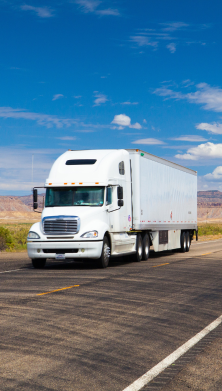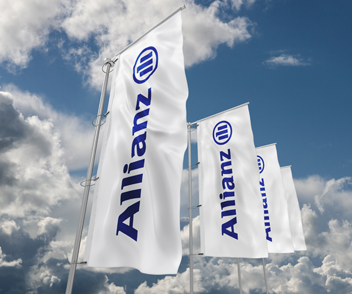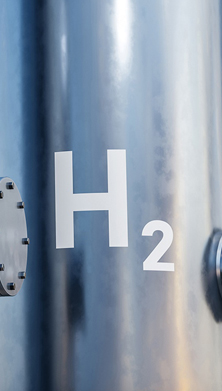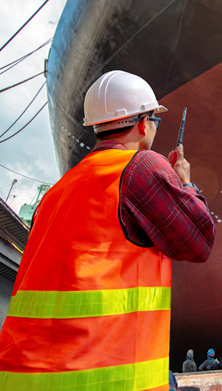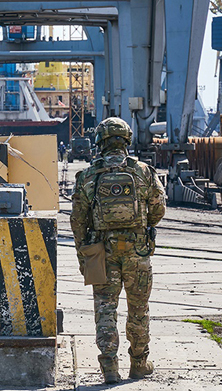Training and data key to reaping benefits from technology into shipping
UK-registered container ship ANL Wyong and the Italian registered gas carrier King Arthur collided during fog off Gibraltar in August 2018. The collision was due to an over-reliance on, and mis-interpretation of, automatic identification system (AIS) data, according to an investigation by the UK’s Marine Accident Investigation Branch (MAIB) [1]. In another incident investigated by the MAIB, the ro-ro passenger ferry Red Falcon collided with a private yacht and grounded in Cowes Harbour, England, in February 2020 after the master became “cognitively overloaded” and “fixated” upon the information displayed on his electronic chart [2].
Last year, the US Navy said it was to replace touch screens with manual controls in 2020 after an investigation into the fatal collision in 2017 involving the USS John S McCain, which found the complexity of the control system and a lack of training led to the incident. However, rather than retreat from technology, ship owners would be better to focus on training, according to Captain Andrew Kinsey, Senior Marine Risk Consultant at AGCS.
“Technology in itself will not make things safer, and it can even make some situations more dangerous. If you want to take advantage of technology you need to support it with training. We need to embrace technology, but at a pace we can absorb it,” says Kinsey.
In particular, the industry needs to start learning from successful journeys, not just accidents, according to Kinsey. “We need to capture and analyze data from successful journeys, not just incident reports. In the past, data was hard to come by, but now we are at a point where we can capture data in real time and evaluate safe operations, and use the insights to develop new technology, inform training and improve crew and safety culture,” says Kinsey.
Data could reduce machinery breakdown incidents
An increased use of industrial control systems to monitor and maintain engines could lead to a significant reduction in machinery breakdown incidents, one of the biggest causes of marine insurance claims.
Over the years, the shipping industry has moved from time-based maintenance to conditionbased maintenance, and with digitalization, it will shift towards predictive or preventative maintenance. This move to onshore monitoring of engines will have a number of implications for risk and data, and could help reduce machinery breakdown losses, according to Captain Rahul Khanna, Global Head of Marine Risk Consulting at AGCS.
“Over time, the move to preventative maintenance could improve the reliability of engines, reduce machinery breakdown incidents and ultimately improve safety. At present, human error is a big factor in machinery breakdown losses. Even a well-trained crew can make mistakes which lead to damage or breakdown, so real-time onshore monitoring, by owners in consultation with manufacturers, and preventative maintenance could reduce incidence of human error,” says Khanna.
AGCS has been working with major manufacturers to examine how data generated by industrial control systems could be used to reduce risk. “Machinery damage or breakdown is the number one cause of shipping incidents and is often behind many large losses. Good data on the causes of machinery breakdown is often difficult to obtain, but digitalization and the increasing use of industrial control systems could help insurers and owners alike understand the root cause of incidents involving machinery breakdown,” says Khanna.
[2] UK MAIB, Collision between ro-ro passenger ferry Red Falcon and moored yacht Greylag, February 20, 2020






